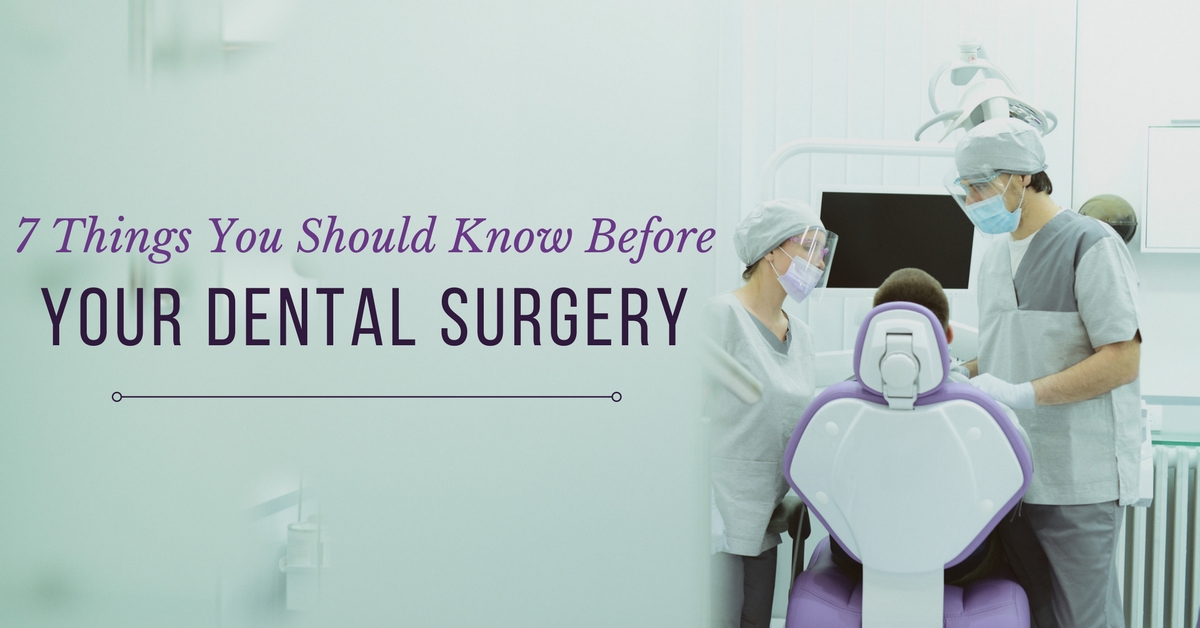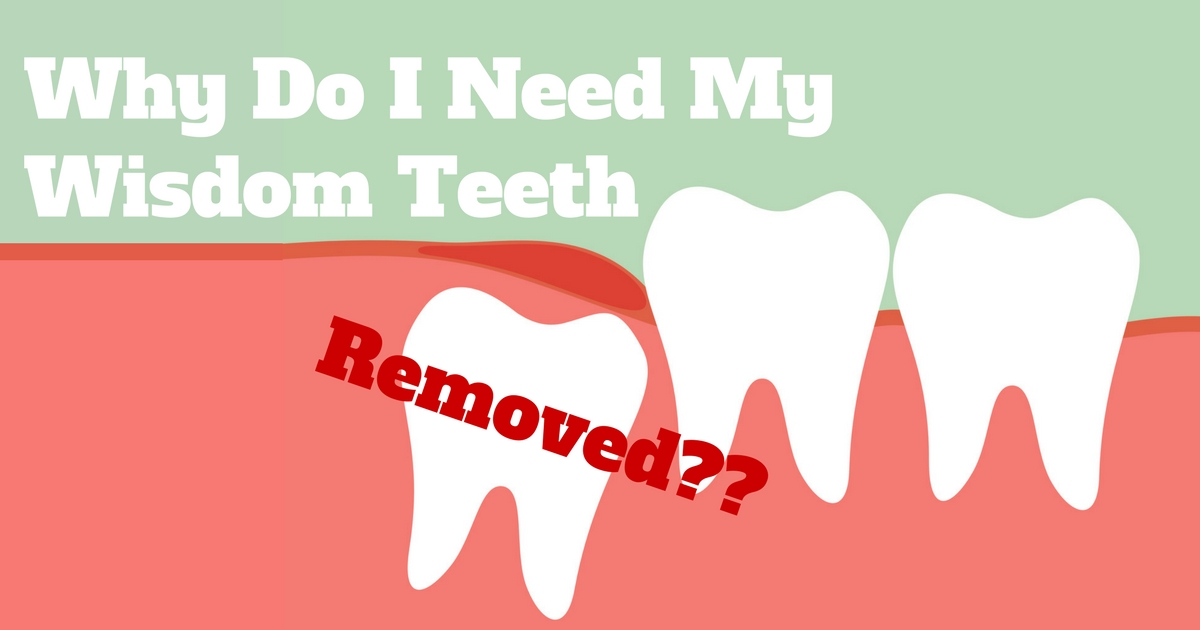
A crown may sound regal, but in reality it’s simply a tooth-shaped cap that is placed over an existing tooth. One of the most common reasons for installing a dental crown is to protect a tooth that has become weakened or damaged due to decay.
Other situations that might lead your dentist to recommend a crown include:
- To restore a broken tooth, or one that is quite worn.
- To help keep a dental bridge in place.
- To fill gaps left by broken or damaged teeth.
- To cover a tooth that is discolored or misshapen so that the tooth blends in more easily with surrounding teeth.
- To protect an already weakened tooth from fracturing.
- To cover a tooth where there isn’t much of the tooth structure left due to an especially large filling.
- To cover a tooth that has had a root canal.
If a broken or damaged tooth is left as is, it might cause some of the remaining teeth to shift in your mouth. This could lead to a bad bite over time. Crowns can help prevent this by ensuring that teeth are uniformly sized and spaced.
What Are Crowns Made Of?
Crowns can be made from a variety of materials. Teeth that are located toward the front of the mouth and easily visible are often made from porcelain or ceramic. They can even be colored to match the rest of your teeth. Other crown options include:
- Acrylic.
- Gold.
- Metal alloys.
While porcelain and ceramic crowns more closely resemble the look of natural teeth, crowns made from alloys or gold are actually stronger, and are typically recommended for back teeth that aren’t as visible.
Unlike dentures, a crown cannot be taken out and cleaned daily. It is cemented over an existing tooth and can only be removed by a dentist.
How Are Crowns Made?
The first step to creating a crown is for your dentist to remove the outer portion of the tooth so the crown will fit. Any decay is removed from your tooth. Next, your dentist will take an impression of the tooth to make an exact mold. That’s because crowns are not something you can get “off the rack.” Each crown is custom-made for the patient. If the crown is being crafted from porcelain, your dentist will also determine which color the crown needs to be in order to match your existing teeth.
Once the mold is ready, it’s sent to a dental lab for your crown to be created. In the meantime, your dentist will put a temporary crown on your tooth to help you get by until the permanent crown is ready. This usually takes about two weeks. Once the new crown is ready, your dentist will remove the temporary crown and cement the new, permanent crown into place.
How Long Can I Expect My Crown to Last?
With proper care, a crown can last a lifetime. However, they may sometimes come loose, or even fall out. Should that happen, call your dentist immediately to have the crown either reattached or replaced.
One way to help prolong the life of your crown is by practicing good oral hygiene. Make sure to brush and floss every day to keep gums and teeth healthy. You should also schedule regular dental checkups and cleanings with your dentist and dental hygienist.
If you think you may need a crown, or simply need to schedule a cleaning, call Pine Tree Dental Care at 207-781-4216 to set up an appointment today!












